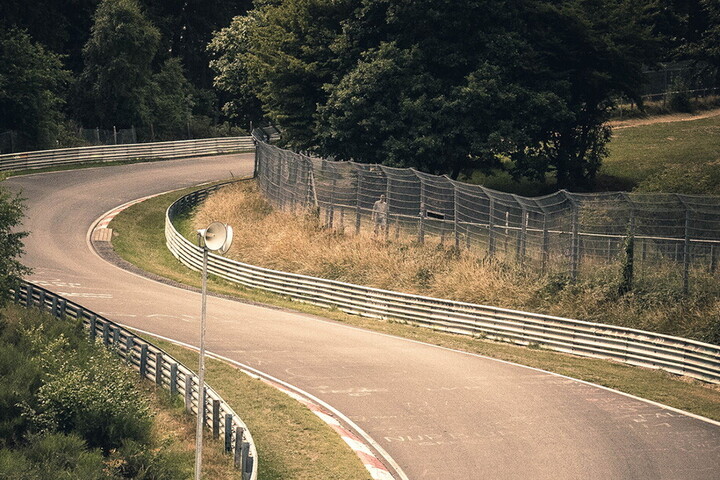What with traffic lights, queues and double parking, driving a car can often be nerve-racking and further worsen a driver's mood already put under pressure by a challenging day. Meanwhile, stress and tiredness, as well as increasing mental and physical malaise, can also lead to various risks both for the driver and for the passengers.
Jaguar Land Rover has decided to look for a solution to this problem, by experimenting with a technology which will automatically improve conditions in the passenger compartment, in order to provide drivers with surroundings which are good for their well-being, by combating stress.

TECHNOLOGY WHICH INDULGES YOUR NEEDS
The system consists of a video camera and a series of biometric sensors which can monitor the conditions and the facial expressions of the driver, in a way that allows it to adjust the functions within the passenger compartment based on the driver's requirements. Artificial intelligence regulates the car's temperature, ventilation, lighting and media, by interpreting every slightest reaction of the driver: if it picks up on symptoms of tiredness, the air conditioning system calibrates itself at a lower temperature in order to create a more refreshing atmosphere.
On the basis of the evaluation of the driver's facial features, it can launch a playlist designed to improve their mood or instead can adjust the lighting if it perceives that this is interfering with their well-being.
But the company is also thinking about making an impact on the well-being of the passengers, by examining a technology which could render their journey more pleasant: whilst it will check that the driver always remains vigilant and does not succumb to a bout of sleep, it will be able to indulge the tiredness of those in the rear seats, by dimming the lighting and raising the temperature in order to help them fall asleep. Furthermore, over time the system memorises the driver's preferred settings and will be able to provide an increasingly accurate customisation of the service.
COMFORT AND SAFETY
Jaguar Land Rover's thinking arose from a piece of research in 2018 commissioned by the Mental Health Foundation in the United Kingdom, which showed that 74% of adults feel oppressed by stress on a daily basis.
Despite the fact that travel is increasingly moving in the direction of self-driving vehicles, it remains important to safeguard the driver's well-being. "With a holistic approach towards the individual driver, and putting into practice everything which we have learned on a person's well-being during the last 10 or 15 years of research, we can assure our customers at the wheel that they will be comfortable, occupied and ready for whatever driving scenario may present itself, including the most monotonous motorway journeys", declares Doctor Steve Iley, Chief Medical Officer of Jaguar Land Rover.
The new mood-detecting system is part of a series of technological innovations that translate the company's vision into reality: its luxury cars must become a “tranquil sanctuary”, which can guarantee maximum comfort. Naturally, it is not just a question of well-being, but also of safety: on all Jaguar and Land Rover cars, for example, their Driver Condition Monitor technology is already available – a system which suggests to drivers that they should take a break if it notices that there is a risk that they might fall asleep.

NOISE ABATEMENT AND PNCS TECHNOLOGY
Tyres too have their part to play in contributing to the comfort of passengers. An often-overlooked aspect, but one which has a very significant impact on the noisiness of the car, is actually the rolling movement of the tyres. Pirelli's research is aimed at developing tyres which are as silent as possible, in order to reduce noise pollution and maximise comfort inside the passenger compartment.
The most effective technology for reducing noise inside the car is called PNCS (Pirelli Noise Cancelling System): since the stresses between the road surface and the design of the tread generate vibrations inside the cavity of the tyre, the PNCS fits a special sound-absorbing polyurethane foam inside the cavity, which reduces the noise caused by the resonance of the air, ensuring a more peaceful and comfortable journey.




